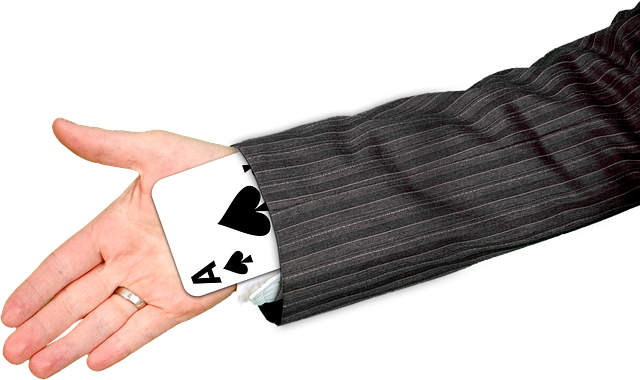What were we taught at school?

It’s simple! if the first letter of the following noun or adjective is a vowel, we use ‘an’:
When I go to work today, I will buy ‘an’ apple.
‘An’ interesting thing about learning English is that you discover things like this!
Everyone is very excited in Central London as ‘an’ apparent UFO was seen flying over Regents Park this morning.
It’s simple! If the first letter of the following noun or adjective is a consonant, we use ‘a’:
When I get home I am going to buy ‘a’ huge vegan kebab with chilli sauce.
If you are lost in foreign city, just ask ‘a’ local for directions.
She is fixing the car and would like to know where there is ‘a’ spanner.
But wait! There are exceptions to this rule, what are they and how can I remember them?

Whilst the general rules above are generally correct, it is actually the sound of the following word that dictates if we use ‘a’ or ‘an’ which in most cases are the same.
Lets look at some exceptions
Start thinking about getting ready as we are leaving in ‘an’ hour! (hour is pronounced /ˈaʊə/ not /haʊə/)
It is ‘an’ honour to have the opportunity to teach in Brazil. (pronounced /ˈɒnə/)
The doctor said you are going to need ‘an’ x-ray. (pronounced /ˈeksˈreɪ/)
Note, it is the vowel sound at the beginning of the next word not necessarily the letter.
So what about examples of ‘a’ being used before a vowel?

We are going to have to find ‘a’ university near our new home.
There are many jobs where you need to wear ‘a’ uniform.
Doctors have been known to transplant ‘a’ uterus.
____
Professional English classes by a CELTA qualified Native British English teacher form London.
legal English – general English – business English – IELTS
individuals and groups

